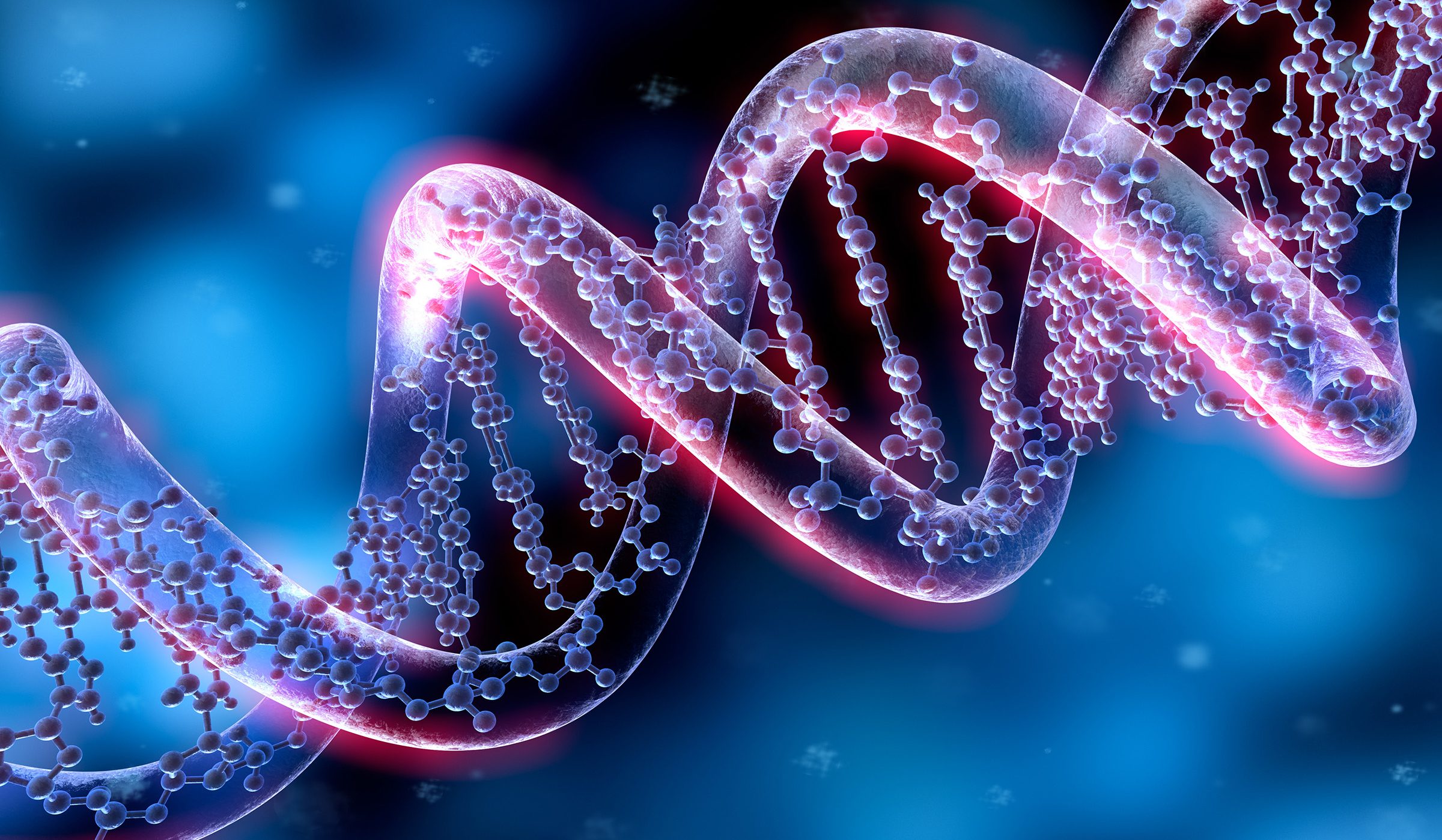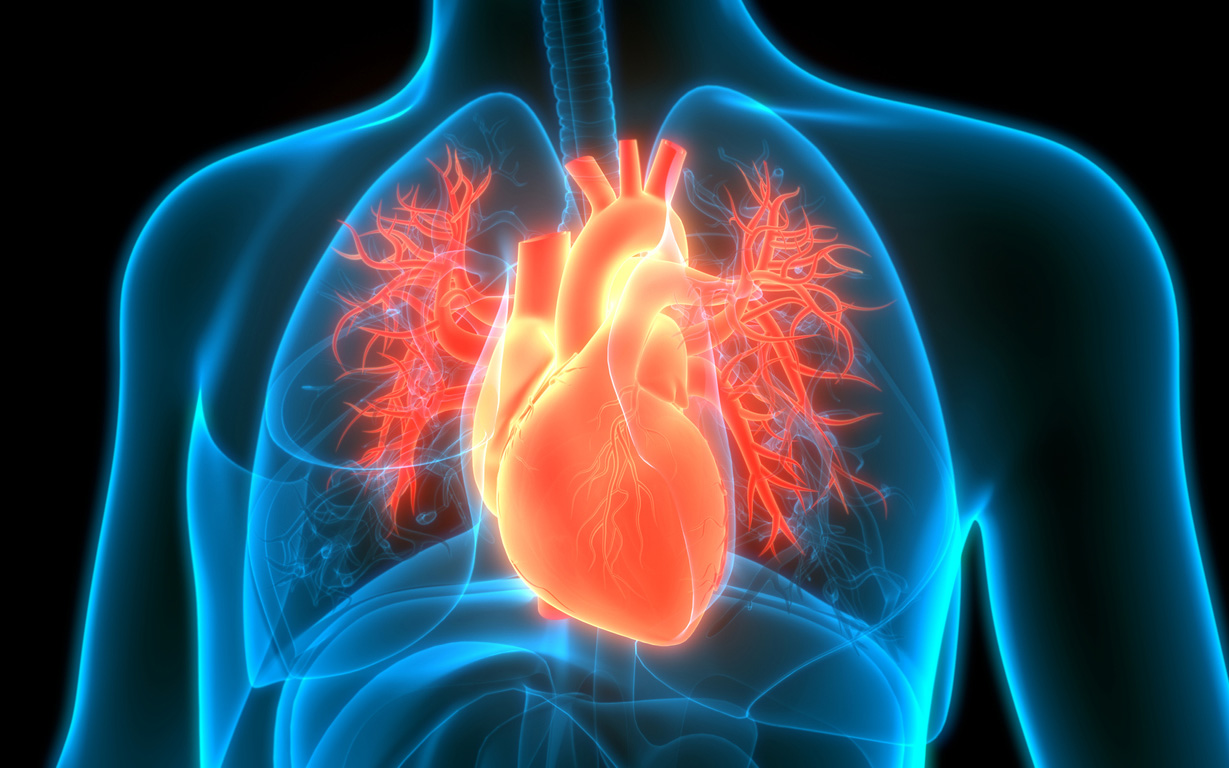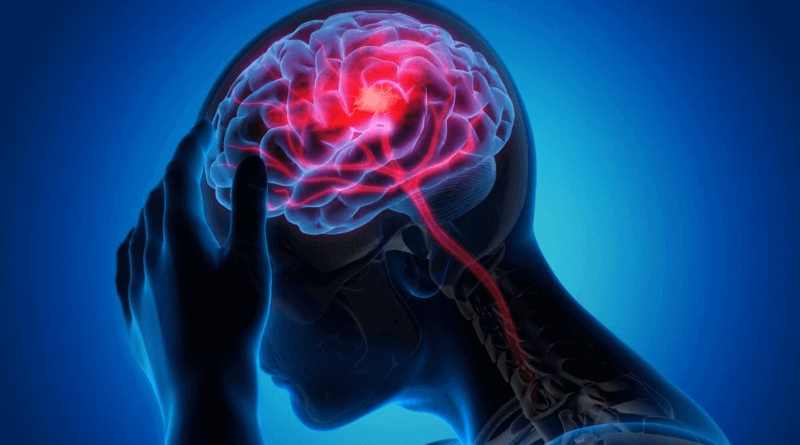Genetics

- Reporter 21
- 04 Nov, 2021
Genetics is the scientific study of genes, heredity, and variation in living organisms. It explores how traits are passed from one generation to the next and how genetic information is stored, transmitted, and expressed in organisms. Genetics is a fundamental field of biology and has broad implications in various areas, including medicine, agriculture, and evolutionary biology.
Key concepts and aspects of genetics include:
Genes: Genes are segments of DNA (deoxyribonucleic acid) that contain instructions for building and maintaining an organism. They determine an organism's traits, such as eye color, blood type, and susceptibility to certain diseases.
Heredity: Heredity refers to the passing of genetic information (genes) from one generation to the next. It explains why offspring resemble their parents in various ways.
Chromosomes: Genes are located on chromosomes, which are long, thread-like structures made of DNA and associated proteins. Humans typically have 46 chromosomes (23 pairs) in each cell, with one set inherited from each parent.
Genotype and Phenotype: Genotype refers to an individual's genetic makeup, including the combination of alleles (gene variants) they carry. Phenotype refers to an individual's observable traits, which result from the interaction between their genotype and the environment.
Mendelian Genetics: Mendelian genetics, named after Gregor Mendel, describes the principles of inheritance for traits controlled by single genes with two alleles (e.g., dominant and recessive traits). Mendel's laws include the law of segregation and the law of independent assortment.
Genetic Variation: Genetic variation arises through mutations, which are changes in DNA sequences. Genetic diversity is essential for adaptation and evolution.
DNA Replication and Cell Division: DNA is replicated during cell division to ensure that each daughter cell receives a complete set of genetic information. This process is crucial for growth, development, and reproduction.
Genetic Disorders: Genetic disorders result from mutations or abnormalities in genes. Examples include cystic fibrosis, sickle cell anemia, and Down syndrome.
Human Genome Project: The Human Genome Project was a major scientific initiative that successfully mapped and sequenced the entire human genome, providing a comprehensive understanding of human genes and their functions.
Genetic Engineering: Genetic engineering involves manipulating an organism's genes to achieve desired traits or outcomes. It has applications in agriculture (e.g., genetically modified crops) and medicine (e.g., gene therapy).
Population Genetics: Population genetics studies the distribution and change of genetic variation within and among populations. It is central to understanding evolutionary processes.
Epigenetics: Epigenetics investigates changes in gene expression that do not involve alterations to the underlying DNA sequence. Epigenetic modifications can be influenced by environmental factors and can have long-lasting effects.
Genetics plays a crucial role in our understanding of inheritance, evolution, disease, and the genetic basis of traits. It has far-reaching applications in fields like medical genetics, biotechnology, forensic science, and conservation biology, making it one of the most influential and rapidly advancing fields in biology.
Leave a Reply
Your email address will not be published. Required fields are marked *
Salma Akter
Good job!
smart Mamun
Mamun comented
smart Mamun
Xfffd
smart Mamun
Good news
ewrf
wer
"><b>F
"><b>F












